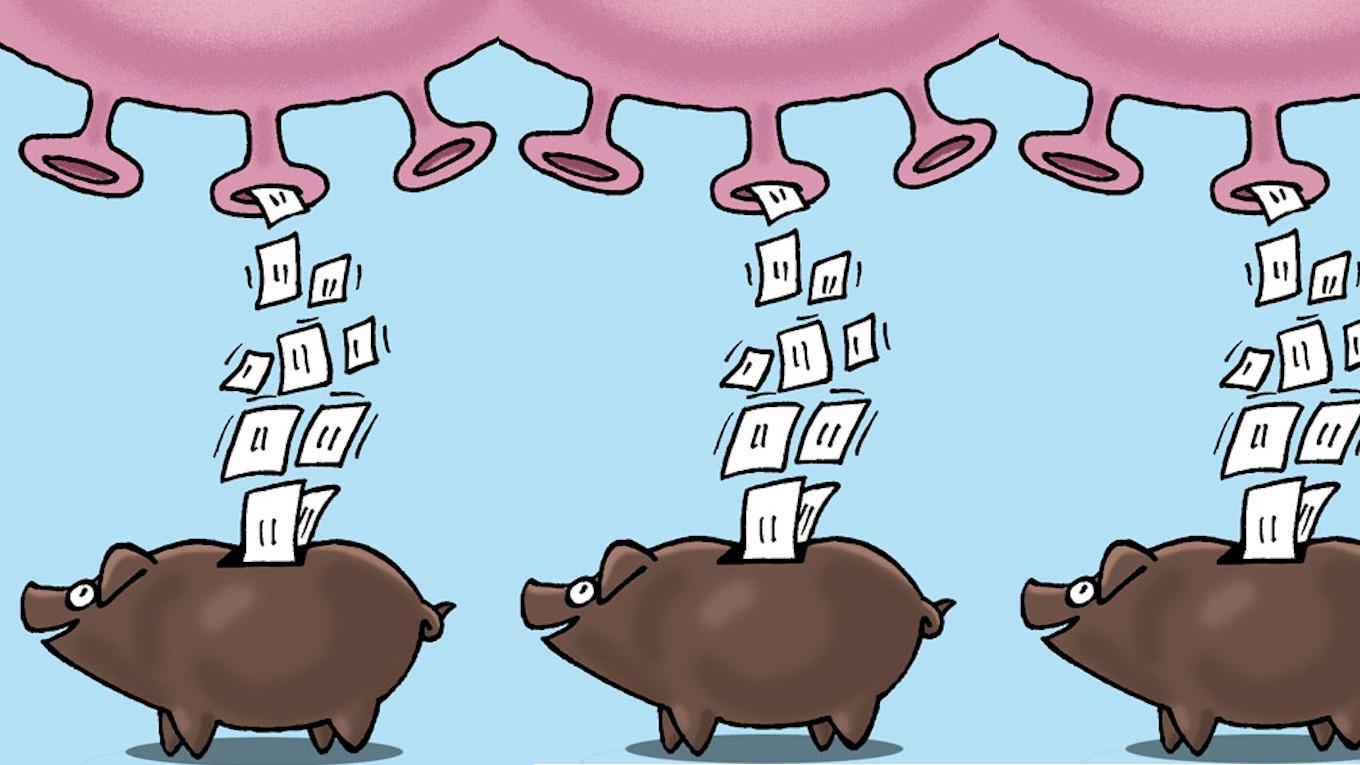The country’s apex Supreme Court is yet to decide on a waiver of interest charges on equated monthly instalments during a Reserve Bank of India announced moratorium scheme on almost all loan repayments, a direct fallout of disruptions caused due to the pandemic.
The RBI has submitted to the Court that waiver of interest during the moratorium could lead to loss of 1 per cent of the nation’s gross domestic product. Bankers have argued that the courts must not intervene in matters of such specialisation, in which depositor interest is to be protected over that of a borrower. The Supreme Court has since indicated that it will pursue the waiver of a much smaller amount: the interest on interest charged on postponed repayments.
The moratorium has permitted lenders to postpone loan repayment instalments falling due between 1 March and 31 May. This was later extended by the RBI by another three months. There will be no impact on borrower credit ratings during this time, even if they were to technically default on loans. Bank balance sheets continue to be sound too, as they do not have to account for such defaults as non performing assets either.
This is the calm before the storm. The second largest public sector lender, Bank of Baroda, has already provided moratorium to 65 per cent of its customers by value. Bank of Baroda followed an opt-out policy, wherein every customer (barring NBFCs) was allowed to be part of the moratorium. Another private sector lender IDBI Bank has said that 68 per cent of its total loan book is under moratorium. In fact, the country’s largest lender State Bank of India has moved an intervention in the Supreme Court, batting against even the allowance of interest waiver.
-

Illustration by Panju Ganguli

































